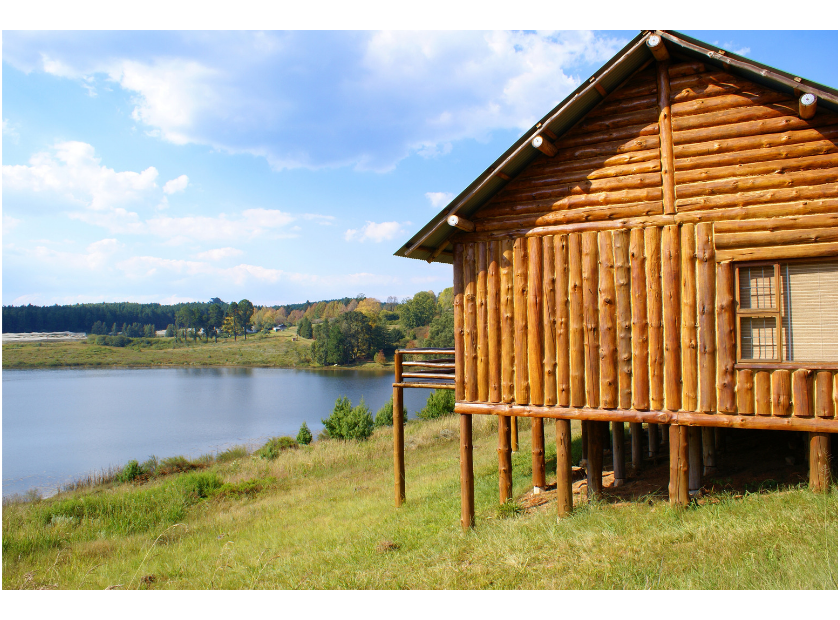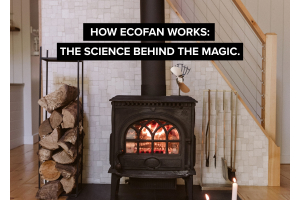What does it mean to live "Off-Grid"?

In the digital age, it’s hard to imagine why one may choose to abstain from the comforts of an electrical grid, disconnected from utilities such as power, heat and in some cases even water! Going off the grid has different meanings to different people, but in short, it involves adopting a self-sustaining lifestyle and utilizing renewable energy as a means to survival.
In some cases, making the shift towards energy independence is a personal choice motivated by several factors, including the desire to live closer to nature, curb energy costs and to reduce one’s carbon footprint. For those individuals, transitioning off the grid requires a complete lifestyle overhaul to become autonomous from public utilities that generally supply power, water, and natural gas.
Often times however, life off the grid is not a choice. In these particular cases, many off-grid dwellers are in rural areas where access to a reliable grid source is lacking. Although that is largely the case for many parts of Africa, it’s important to note that this isn’t exclusive to underdeveloped parts of the world. In Australia, for example, due to the vastness of the country’s remote areas in the Outback, it is said as many as 2% of the country’s population lives off-grid - that’s nearly 500,000 people.
So what exactly does it mean to live off-grid? Ultimately, it means living off what the earth and sky provides by using alternative power sources like solar energy, and sourcing food and water through harvesting, fishing, hunting, and collecting raw materials. In climates where daylight is plentiful, a solar panel system can store enough power to run necessary appliances throughout the day. Many off-grid homes and cabins also contain wood burning stoves for cooking, illumination and generating heat. Though both solar power and wood stoves highly appeal to off-gridders, they are in fact are becoming increasingly popular in urban areas as a means to reduce high energy costs and protect the environment.
While going off-grid is not for everyone, it’s a simple way of life that can be achieved through resourcefulness and by eliminating the need for unsustainable sources of power. As a rule of thumb, ideal items to invest in do not require batteries, are eco-friendly and energy efficient. When searching for a renewable light source, the JOI Lamp checks all the boxes. By using thermoelectric technology, it turns heat into electricity from a single tea light and powers eight LED lights for up to four hours.
Shop the JOI Lamp here.






